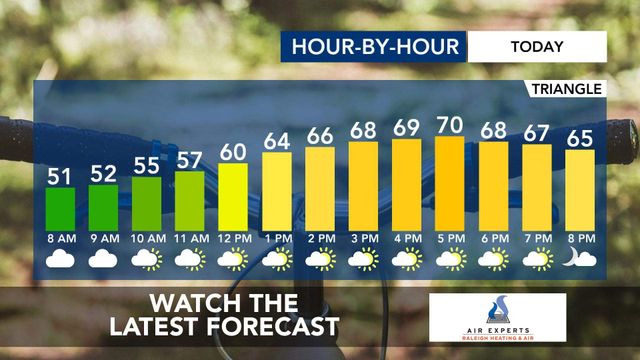Learning how to connect with my teenagers

I was having a hard time figuring out what to write about for this blog, so a couple of weeks ago, I sent out a call on Facebook for ideas. My cousin recommended a blog on how parents can connect with their teenagers.
The idea was a timely one. With one son away at college, it is now just my husband, my 15-year-old son, and me at home. It is amazing how the absence of one member of the family can result in a quieter house and zero engagement with my well-intentioned conversation starters.
I have to be honest. The way my youngest can burst through the door after school and keep his head down with his hair covering his eyes – all while staring at his phone – kind of intimidates me.
“Hi,” I say with anticipation, hoping to connect with him before he rounds the stairs and disappears for hours. “How was your…” I am interrupted by a grunt. Maybe it was a hello. Perhaps it was, “I love you, Mom.”
I stop myself from screaming after him, “You slept in my bed every night until you were…. Don’t forget that.” But I don’t. By the time this ingenious plan takes shape, he is long gone.
Our first son hit this stage during COVID, so it was a totally different ballgame, and now I am unprepared. Before middle school, I spent hours researching how to protect my sons from the internet and how to set boundaries on phone use. I stopped seeking advice right before the high school years started.
Through trial and error, I have learned a few things about connecting with my kids. Sometimes I get it right; sometimes I don’t.
Below are some of the dos and don’ts I have collected as I continue to seek that elusive connection with my teens.
- DO eat together. This one tops almost every list I have read on how to connect with your children, and it works. Eating together is family time. It doesn’t matter what we talk about. The important thing to me is that it shows the importance of being present with each other, and my sons expect us to eat together. If someone has missed a dinner or two, one of my sons will say, “We need to all eat together tonight.”
- DON’T allow phones at the dinner table. To my surprise, this is one of the rules my sons honor without complaint. Without it, eating together wouldn’t matter. It also keeps the focus on dinner and each other – for better or worse.
- DO play sports together. You can replace “play sports” with “go to a movie” or “go on a hike.” My husband has been playing tennis with our kids since they could walk, and he still does. We have made it a tradition to play doubles on Thanksgiving Day and on Christmas Day. Sometimes, we have to drag the youngest along, but, as an aunt of mine use to say, “We are making memories.”
- DON’T ask all the questions. That is, don’t ask all the questions I want to ask right after my teenager gets home from school or sports practice. This is a hard one for me. Instead of bombarding my son with questions about school, friends and tests as soon as he walks in the door, I try to create space for him. Once he has had quiet time, and maybe a snack, he is more open to engaging in conversation.
- DO hug them every day. Even teenagers want to know they are loved, at least for a second or two. I try to hug my 15-year-old at least once a day. Even though he acts a little awkward when I do it, he will place his arm around me and pat my back, and I swear I have seen him smile more than once. Most times, I do the hug and L-word combo, telling him I love him before he pulls away.
- DON’T force friendships. I have a tendency to push my kids to do things with their friends. “Why don’t you call up so-and-so?” A frequent answer I receive is, “I just want to chill, bruh.” I hate that answer for many reasons. Still, I have to remind myself that their weeks are busy, and school is hard. If they want to stay home and recharge their batteries, that is their choice.
What connection strategies work for you and your teenagers?









